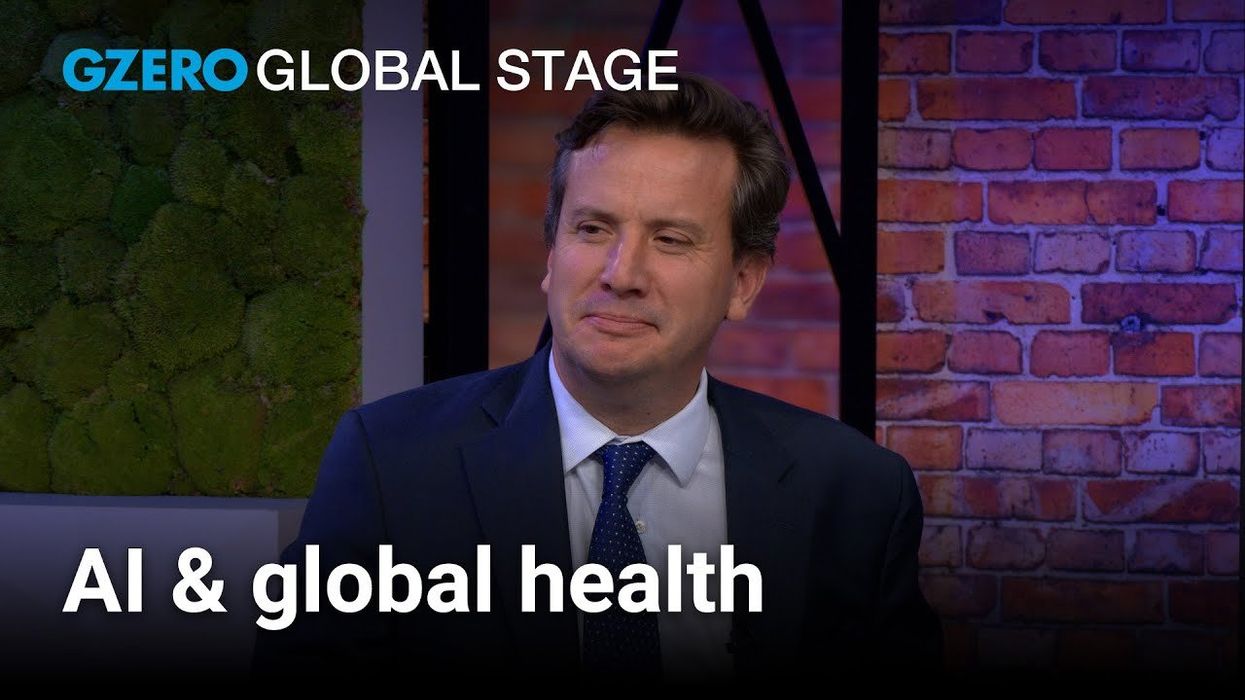Join us for more Global Stage events
From Davos and the Munich Security Forum to the UN General Assembly, our livestream discussions convene heads of state, business leaders, technology experts from around the world for critical debate about the geopolitical and technology trends shaping our world.

















